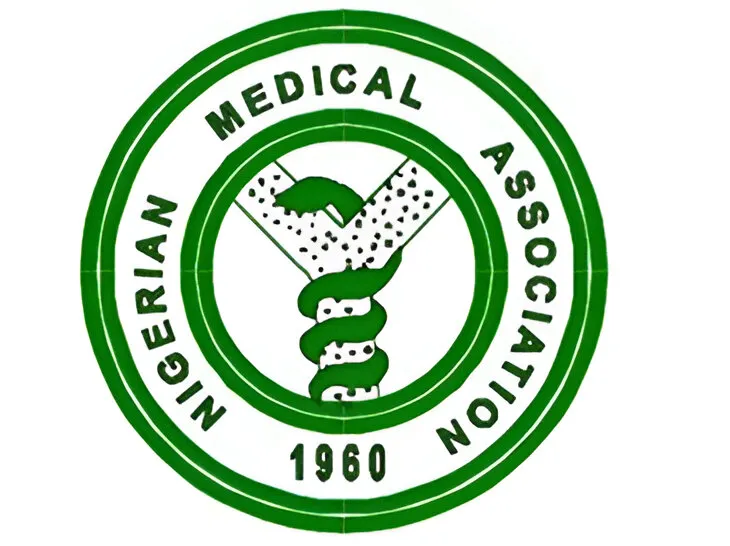From Fred Ezeh, Abuja
The Association of Nigerian Private Medical Practitioners (ANPMP) has announced its full support for the Nigerian Medical Association’s (NMA) decision to consider industrial action, including a potential nationwide strike, if the Federal Government fails to address critical labour issues in the healthcare sector.
On Wednesday, July 2, 2025, the NMA issued a 21-day ultimatum to the Federal Government, rejecting a circular from the National Salaries, Incomes and Wages Commission (NSIWC) dated June 27, 2025, which purported to review allowances for medical and dental officers in the federal public service. The NMA described the circular as “grossly inadequate” and a violation of prior Collective Bargaining Agreements (CBAs) from 2001, 2009, and 2014.
In a joint press statement on Sunday, July 6, 2025, ANPMP’s National President, Dr. Kay Adesola, and Secretary-General, Dr. Gbadebo Adebiyi, urged the government to abandon its pattern of last-minute negotiations on the eve of industrial actions.
“We affirm our full alignment with the NMA’s position. As active participants in the Association’s executive structures, we are privy to the extensive and sincere efforts made through advocacy and diplomacy to avert industrial disharmony. Sadly, these efforts have been disregarded, and the latest circular has further strained an already fragile health system,” the statement noted.
The ANPMP called for proactive engagement from the government, warning against waiting until the 20th day of the NMA’s 21-day ultimatum to respond. “The seriousness of this moment demands proactive engagement, not reactive measures. Delays will only exacerbate the suffering of ordinary Nigerians,” the statement added.
The Association highlighted the precarious state of Nigeria’s healthcare system, noting that the exodus of skilled professionals due to poor working conditions has left both public and private health institutions grossly understaffed. “The few doctors who remain are overburdened, underpaid, and stretched beyond human limits. It is no surprise that younger doctors are vanishing from the workforce, while older, still-capable practitioners are getting overworked to death or retired prematurely. What a paradox!”
The ANPMP emphasized the interconnectedness of the public and private healthcare sectors, warning that a strike by public sector doctors would cripple patient care across both sectors, inflicting immense hardship on Nigerians. “Strikes not only disrupt services but often result in permanent loss of healthcare personnel, as many doctors take the opportunity to emigrate. This is a devastating consequence for a country already grappling with an acute shortage of health workers,” the statement said.
The Association also pointed out Nigeria’s underinvestment in healthcare, contrasting it with progressive nations where healthcare and education are top priorities. “Today, 9 out of every 10 Nigerian doctors are either planning to leave or actively pursuing opportunities abroad,” the statement noted, citing ongoing brain drain fueled by government inaction.
The ANPMP urged the Federal Government to extend the constitution and revitalization of management boards beyond tertiary hospitals to include critical health institutions like the National Health Insurance Authority (NHIA) and the Medical and Dental Council of Nigeria (MDCN). “These boards are essential to ensure accountability, efficiency, and improved governance across the healthcare sector,” the statement concluded.


